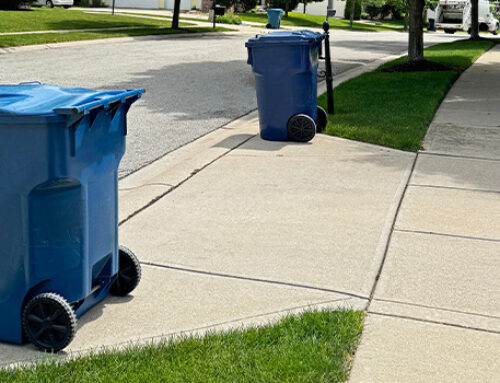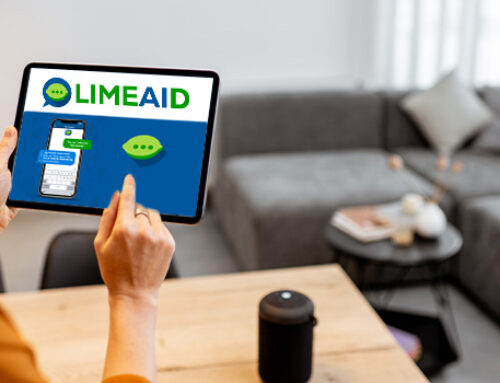With the growing use of social media and its unique ability to bring people together, most businesses, including HOAs, are using various social platforms to foster community. As an HOA, your board should explore the use of social media platforms to encourage communication, establish neighborly connections, and strengthen the sense of community.
The list below will help you follow best practices when using social media for your HOA.
Outline your policy. Taking time to define your social media policy and following it can protect you from the pitfalls of social media, and it increases your effectiveness. A proper policy should include audience, objectives, and moderation/standards.
Define objectives. Once you have a policy, sit down with your board and management company to talk about what your HOA would like to accomplish with social media. Defining objectives is crucial because it provides direction for all future content creation.
Choose your platform. Not all social media platforms are created equal, and certain platforms work better for some than others. For example, most HOAs find Facebook groups to be extremely effective at keeping everyone up-to-date on community news and activities. Compared to Tiktok, that may have a hard time reaching homeowners. Choose your platform(s) based on your objectives, and don’t over commit yourself to too many platforms. Focusing on one platform will help set you up for success in the long run.
Join the platform. Invite your homeowners to join the platform. Sharing QR codes around the neighborhood or sending a link sent via email will help get them on the platform as soon as possible.
Engage your audience. The only way you’ll find success with social media is if you gather an attentive audience. If social media is new to your community, you’ll need to spend time and energy engaging residents. This can be done by sharing photos from community events, doing polls for homeowner feedback, sharing important updates, and more!
Remember confidentiality. Because social media makes sharing information so easy, always take the time to ask yourself if it is necessary or even appropriate to share something. If you wouldn’t share it at an annual meeting or in a newsletter, skip social media too.
Know the law. Everything you do and say on social media is permanent…even if you delete it. You always need to consider things like copyright, plagiarism, emotional distress, or violating privacy rights of residents. Again, always think twice before hitting “share”, and if you’re hesitant, get the opinion of other board members.
Social media is an incredible tool to use for your community! As you start to implement these tips, soon your association will start to notice a difference in ease of communication and improved sense of community.







